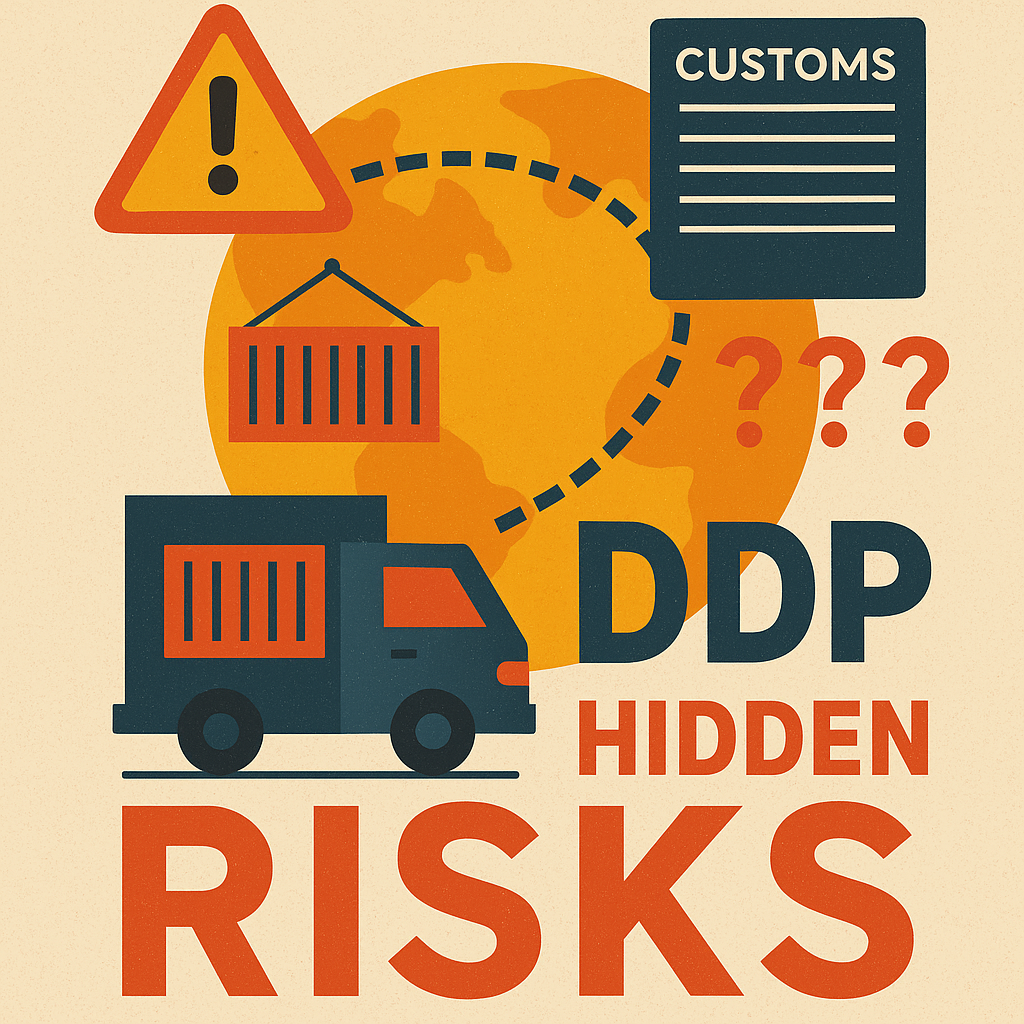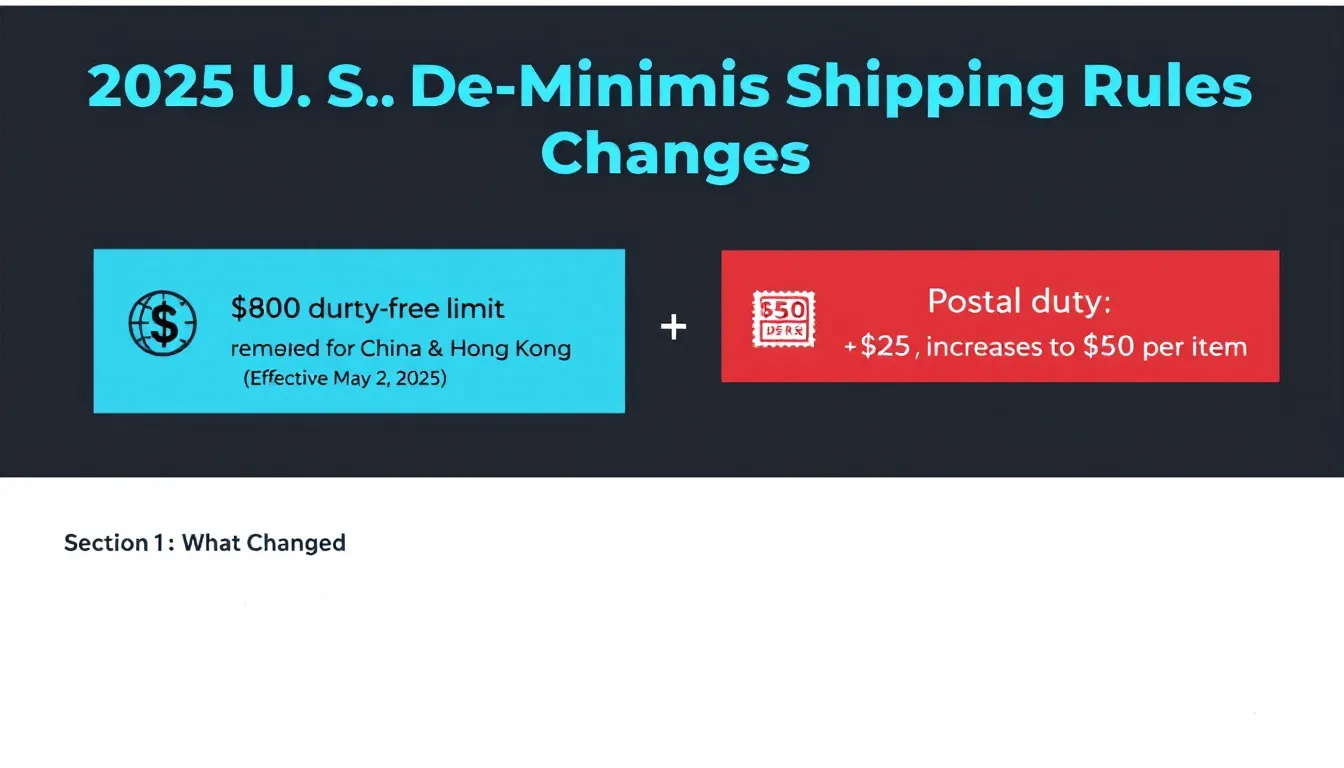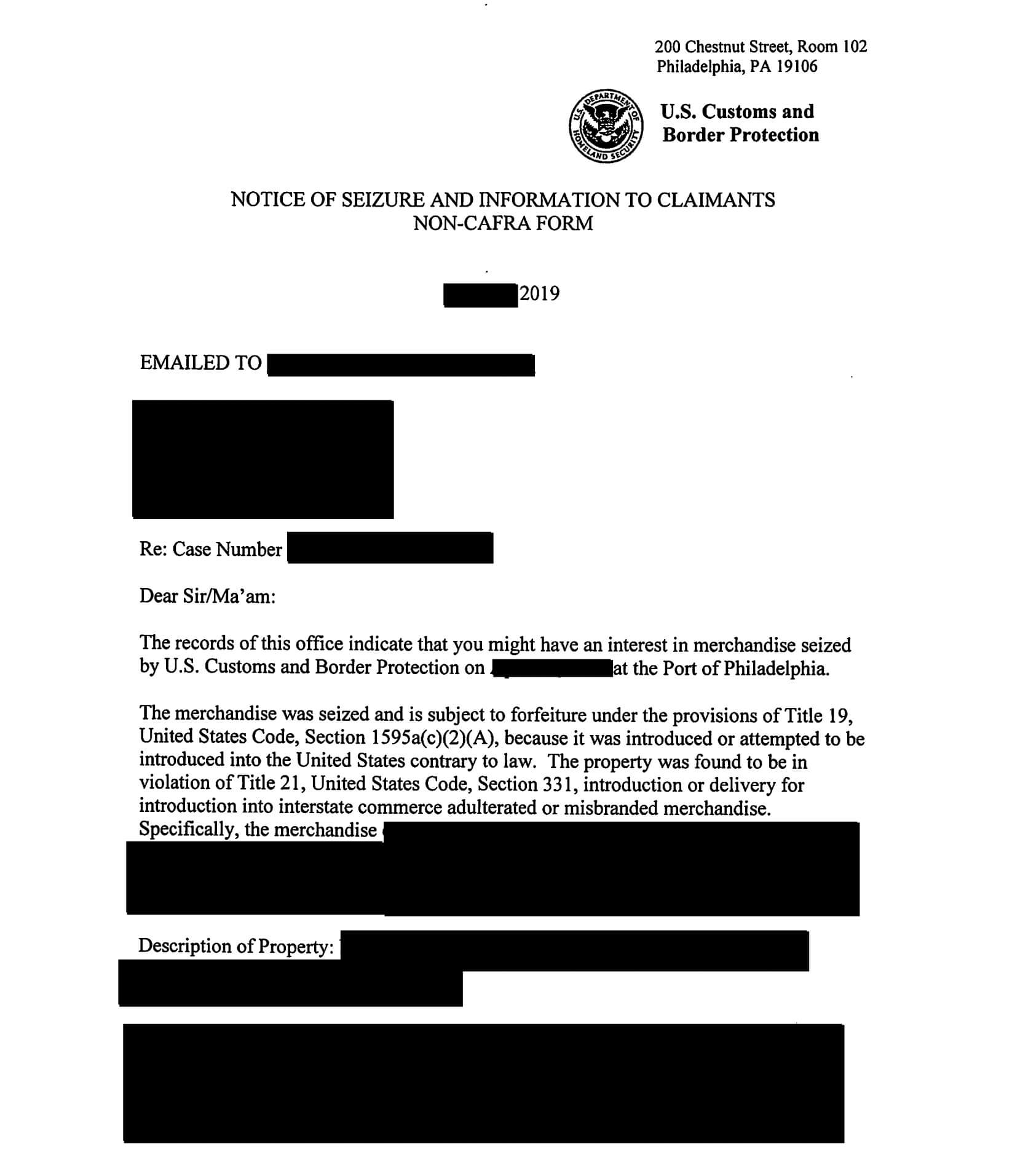Importing a vehicle to America involves navigating four separate federal regulatory frameworks simultaneously, each with distinct forms, timelines, and penalties. A single missing document or compliance failure can result in your imported vehicle being refused entry, detained indefinitely, or even destroyed at the border—making thorough preparation absolutely critical.
The process requires simultaneous compliance with safety standards (Department of Transportation), emission regulations (Environmental Protection Agency), customs duties (U.S. Customs and Border Protection), and agricultural inspections (U.S. Department of Agriculture). With 2025 bringing significant tariff changes that can add 25% to your import costs, understanding these requirements before purchase could save you thousands of dollars and months of delays.
Whether you’re a collector seeking a rare model from Europe, military personnel returning with a vehicle, or someone who found the perfect car abroad, this comprehensive guide will walk you through every step of legally importing a vehicle to the USA.
Understanding Import Requirements and Regulations
Federal Agencies and Their Roles
Four federal agencies control different aspects of vehicle importation, and all must approve your import before CBP will release your vehicle.
U.S. Customs and Border Protection (CBP) serves as the border gatekeeper, processing entry documentation, applying duties and tariffs, and ensuring other agencies’ requirements are satisfied. A CBP officer will not release any vehicle without satisfactory evidence that EPA and DOT requirements are met or an accepted exemption applies.
Department of Transportation/National Highway Traffic Safety Administration (DOT/NHTSA) administers Federal Motor Vehicle Safety Standards (FMVSS) and requires importers to declare compliance status on DOT Form HS-7 at entry. They also enforce bumper standards for vehicles manufactured after 1978 and theft prevention standards for certain passenger motor vehicles from model year 1987 and later.
Environmental Protection Agency (EPA) administers emission standards under the Clean Air Act. Importers must declare their vehicle’s status via EPA Form 3520-1, and nonconforming vehicles generally must be imported through an EPA-certified Independent Commercial Importer (ICI) for modification and testing.
U.S. Department of Agriculture (USDA) requires vehicle undercarriages be free of foreign soil to prevent pest introduction. Vehicles may be refused or require costly cleaning upon arrival if contaminated.
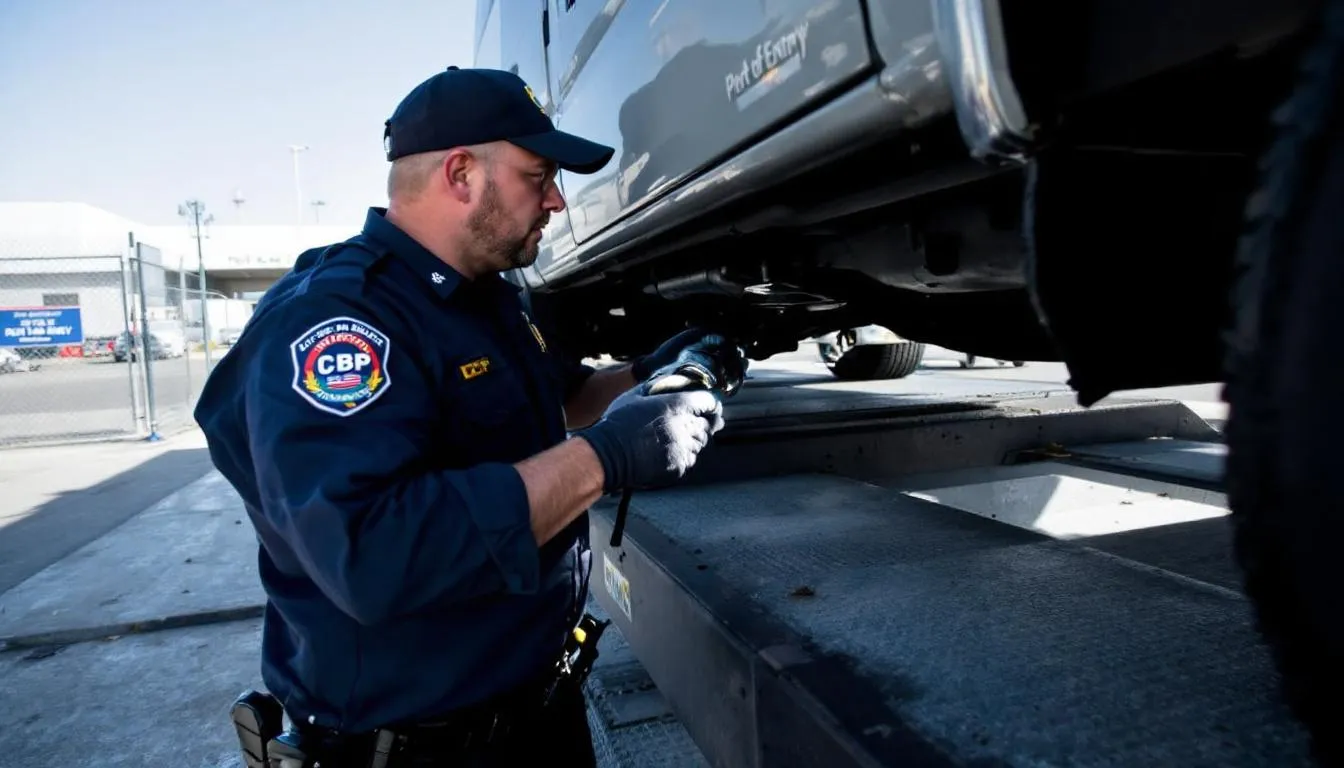
Legal Frameworks and Compliance Requirements
The Motor Vehicle Safety Act requires that motor vehicles certified for sale in the US comply with applicable FMVSS. As a general rule, vehicles under 25 years old must meet these safety and emission standards to be permanently imported, with rare exceptions such as import by a registered importer who posts a DOT bond and completes conformity work.
The Clean Air Act mandates EPA emission standards conformity or a valid exemption. EPA treats on-road vehicles differently from motorcycles and has specific temporary import permissions under defined categories.
Consequences of Non-Compliance
The stakes for importing vehicles incorrectly are severe. Vehicles that cannot be brought into compliance face:
- Refusal of entry
- Indefinite detention at the port
- Mandatory export at owner’s expense
- Complete destruction
CBP explicitly warns that nonconforming vehicles lacking an eligible compliance path or exemption cannot be legally imported for personal use. These aren’t empty threats—thousands of vehicles are destroyed annually due to import violations.
Pre-Import Planning and Preparation
Research Vehicle Eligibility Before Purchase
Before buying any foreign vehicle, verify whether it’s US-certified by checking for manufacturer’s compliance labels indicating FMVSS and EPA compliance. Vehicles under 25 years without US certification labels are nonconforming and typically require both a registered importer (for safety) and an ICI (for emission standards)—costs that can easily exceed the vehicle’s value.
Contact EPA and DOT in advance to verify eligibility and documentation requirements for your specific vehicle model. Some vehicles simply cannot be brought into compliance due to design incompatibilities or unavailable parts.
Logistics and CBP Notification
Arrange ocean freight through roll-on/roll-off or container shipping, ensuring your carrier provides the original bill of lading. You must notify CBP of your vehicle’s arrival and can either file entry at the first port or request bonded transport to another CBP port for convenience.
Consider hiring a licensed customs broker to manage entry classification, duty calculations, and form submissions. While individuals can file entries personally, incorrect or missing declarations frequently result in delays, penalties, or refusal.
Budget for Total Import Costs
Beyond freight and insurance, budget for:
- Base customs duty (historically 2.5% for passenger cars)
- 2025 Section 232 tariffs (25% on automobiles effective April 3, 2025)
- Registered importer and ICI modification costs if needed
- DOT bonds (150% of vehicle’s dutiable value for nonconforming imports)
- Storage fees during customs processing
- USDA cleaning charges if contaminated
- Gas guzzler tax for fuel-inefficient vehicles
The 2025 tariff changes dramatically impact import costs. Most imported vehicles now face a 25% tariff in addition to base duty, unless qualifying for specific exemptions under trade agreements like USMCA.
Required Documentation
Core Transport and Ownership Documents
CBP requires specific paperwork to establish vehicle identity, ownership, and transaction value:
- Original bill of lading from the shipping carrier
- Bill of sale establishing purchase price for duty calculation
- Foreign registration documents or vehicle title
- Any existing manufacturer compliance labels (photographed clearly)
Mandatory Regulatory Declarations
DOT Form HS-7 declares your basis for FMVSS compliance or applicable importation code. Common categories include:
- Conforming vehicle with US certification
- Import via registered importer
- 25-year age exemption
- Temporary import status
EPA Form 3520-1 indicates your vehicle’s emission certification status, exemption code, or ICI import plan. The EPA website provides detailed guidance for completing this form across different vehicle categories.
If claiming EPA exemptions (temporary nonresident use, racing vehicle), you must provide supporting documentation, and time-limited exemptions are strictly enforced.
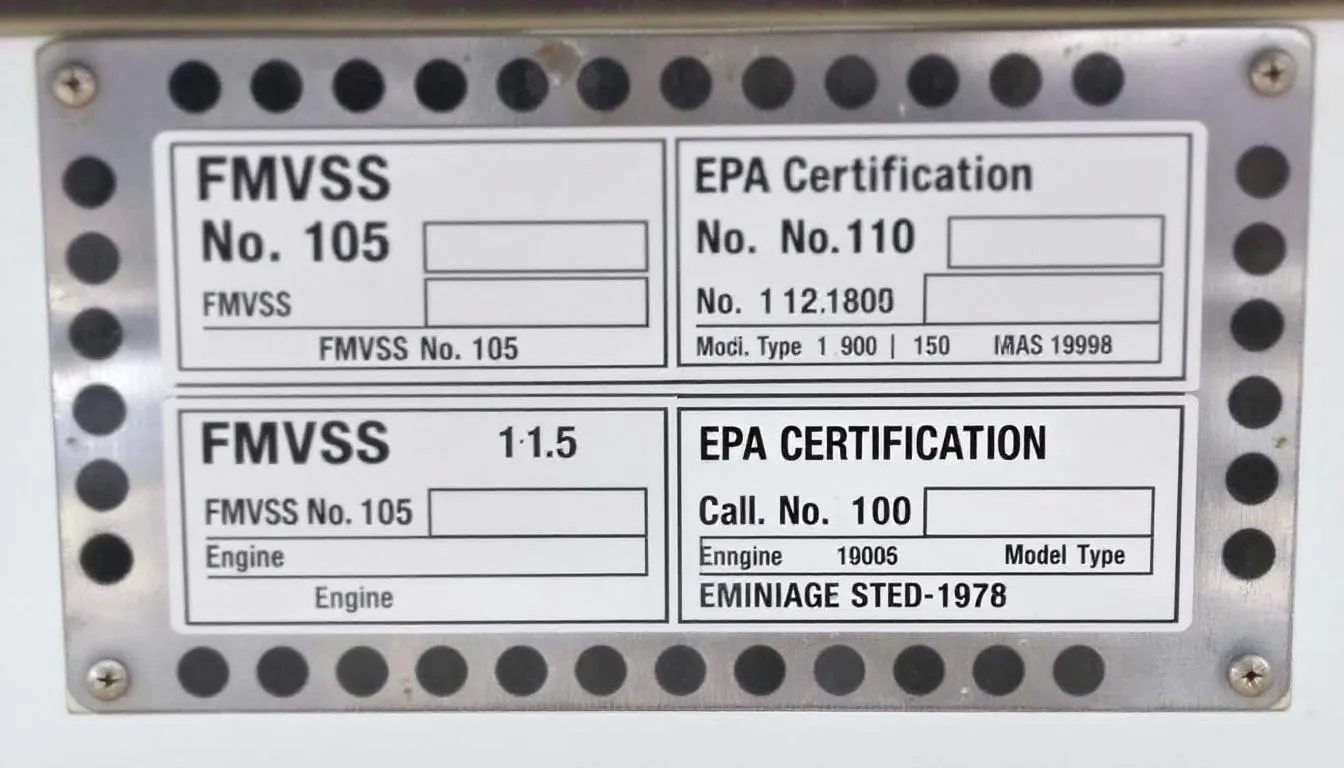
Safety and Emission Standards Compliance
Federal Motor Vehicle Safety Standards (FMVSS)
Vehicles less than 25 years old must comply with all applicable FMVSS for permanent importation. These comprehensive standards cover:
- Crashworthiness requirements
- Lighting and visibility systems
- Glazing and window specifications
- Tire and wheel standards
- Occupant protection systems
Additional safety regulations include federal bumper standards for passenger cars manufactured on or after September 1, 1978, and theft prevention standards requiring parts marking for applicable vehicles.
EPA Emission Standards
On-road vehicles must either bear EPA emission standards labels indicating US conformity or be imported through an EPA-certified ICI for modification and testing. The EPA import program differentiates between permanent imports and temporary exemptions, providing specific categorical codes for different scenarios.
Vehicles temporarily imported under EPA exemptions (nonresident personal use up to one year, approved racing vehicles) cannot be sold and must be exported within specified periods. Exceeding time limits or misuse triggers enforcement actions.
Registered Importers and Independent Commercial Importers
Registered Importers (RI) are DOT-recognized entities authorized to import and modify nonconforming vehicles to meet FMVSS. Importers contracting with an RI must:
- Post a DOT bond equal to 150% of the vehicle’s dutiable value
- Enter a detailed contract describing compliance work and timelines
- Complete all modifications before the vehicle can be registered
Independent Commercial Importers (ICI) are EPA-certified to bring vehicles into emission standards compliance. EPA requires approved compliance plans and may mandate testing in EPA-certified laboratories. Vehicles cannot legally operate on US roads until EPA releases them from ICI control post-compliance.
Choose RI and ICI providers carefully, as some vehicle models lack feasible compliance solutions regardless of cost.
Vehicle Preparation Requirements
USDA Cleanliness Standards
USDA and CBP require vehicle undercarriages be completely free of foreign soil to prevent agricultural pest introduction. Contaminated vehicles may require steam cleaning or decontamination at the port at the owner’s expense, causing significant delays.
Pre-shipment cleaning substantially reduces delay risk and potential cleaning costs at US ports. Document the cleaning process with photographs as evidence of compliance.
Shipping Considerations
Avoid using your vehicle as a shipping container for personal belongings. Items left inside can complicate customs entry, trigger additional declarations, or lead to seizure if prohibited. Pack personal effects separately through proper shipping channels.
For temporary operation under certain exemptions, vehicles may need international registration markers consistent with international conventions.

Customs Entry and Duty Calculations
Base Duties vs. 2025 Section 232 Tariffs
Historically, passenger vehicles faced a 2.5% base customs duty rate. However, 2025 Section 232 actions imposed additional 25% tariffs on imported automobiles effective April 3, 2025, and on specified automobile parts effective May 3, 2025.
Practical implication: most imported passenger vehicles now face both statutory base duty and the additional 25% tariff unless qualifying for specific exemptions or trade agreement benefits.
Exemptions and Special Categories
CBP provides limited duty exemptions:
- $800 exemption for returning US residents (vehicle-specific restrictions apply)
- Duty-free entry for certain government employees on extended duty
- Nonresident one-year personal use allowance with mandatory export
Nonresidents may import vehicles duty-free for up to one year if accompanying their arrival, but such vehicles cannot be sold and must be exported within one year with no extensions available.
USMCA Rules and Content-Based Tariff Application
The 2025 Section 232 framework allows USMCA vehicle importers to certify US content so the 25% tariff applies only to non-US content value. This complex process requires detailed supply chain documentation and CBP certification procedures still being developed.
For USMCA-compliant vehicles produced after July 1, 2020, regional value content and labor value content requirements determine preferential duty eligibility, though Section 232 tariffs may still apply to non-US content components.
Special Import Categories
Temporary Racing and Exhibition Vehicles
EPA allows dedicated racing vehicle imports under specific approval conditions. DOT also provides exemptions for vehicles not primarily intended for road use. Importers must:
- Seek advance approval from relevant agencies
- File appropriate exemption declarations
- Accept restrictions on titling and road use
- Comply with mandatory export requirements
Show or Display Vehicles
DOT’s “Show or Display” category covers vehicles of historical or technological significance, allowing limited road use. This requires:
- Special DOT approval in advance
- EPA requirements addressed through exemption pathways
- Mileage limitations and sale restrictions
- Detailed documentation of historical significance
Contest Vehicles and 90-Day Admission
CBP allows vehicle admission for contests or exhibitions for limited periods (typically 90 days) without formal consumption entry, provided they aren’t sold and are exported afterward. Importers must notify CBP and may need to post bonds depending on port requirements.
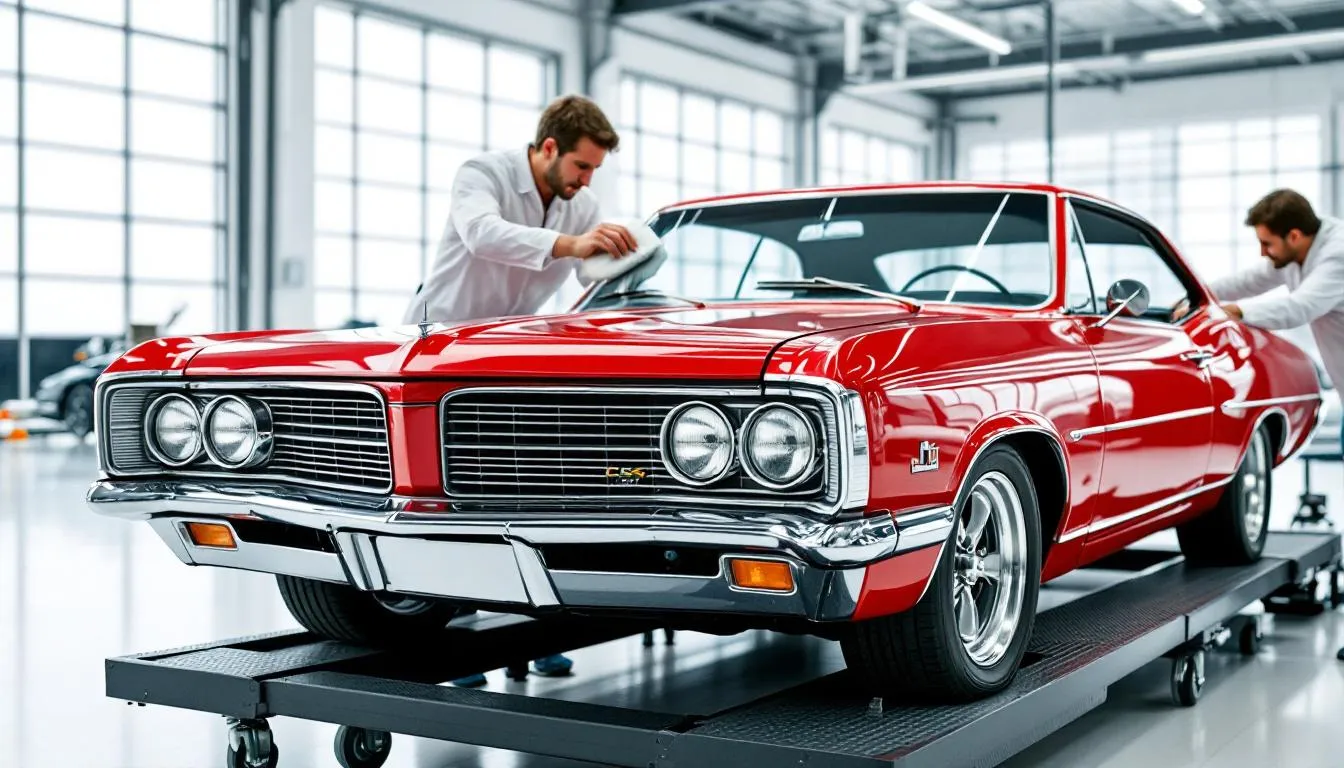
Federal Taxes and Additional Costs
Gas Guzzler Tax
The US imposes Gas Guzzler Tax on passenger cars with official fuel economy below statutory thresholds. Importers must:
- Pay excise tax via IRS Form 720 (Quarterly Federal Excise Tax Return)
- Report vehicle-specific data on Form 6197
- Obtain independent fuel economy determinations when EPA ratings are unavailable
This federal excise tax is separate from customs duties and adds significant cost for fuel-inefficient imports.
State Requirements Beyond Federal Compliance
Even after federal release, state emission programs, safety inspections, and registration requirements can prevent titling of unusual imports. These state-level requirements are independent of federal import compliance and vary significantly between jurisdictions.
Plan for additional state-mandated testing, inspection fees, and potential registration complications for non-standard vehicles.
Common Challenges and Warnings
Modification Complexity and Costs
Nonconforming vehicle modifications are often:
- Extremely time-consuming (months or years)
- Prohibitively expensive (potentially exceeding vehicle value)
- Uncertain in outcome (some vehicles cannot achieve compliance)
- Subject to parts availability and testing data requirements
Some vehicle models lack feasible compliance paths due to design incompatibilities, discontinued parts, or unavailable technical data.
Information Reliability and Changing Requirements
CBP cautions against relying on informal phone consultations, as duty and tariff situations vary based on country of origin, trade agreement status, and current presidential actions. The 2025 Section 232 tariff implementation significantly changed cost structures for imported automobiles.
Requirements evolve frequently—EPA updated its import portal in June 2025, CBP refreshed guidance in March 2024, and tariff proclamations specify ongoing monitoring that may trigger further adjustments.
Insurance and Registration Constraints
Until vehicles receive full CBP release and meet state registration requirements, insurance coverage may be severely limited. Failure to achieve compliance can leave vehicles uninsured, unregistrable, and essentially worthless despite successful import.

Exceptions and Alternative Options
Age-Based Exemptions
Vehicles at least 25 years old from manufacture date are exempt from FMVSS under DOT rules and can be imported without meeting current safety standards. However, EPA emission standards requirements may still apply unless the vehicle qualifies for EPA age-based or other exemptions.
Pre-Regulation Vehicles
EPA excludes certain vehicles manufactured before specific emission standards took effect. These vehicles may still face sale restrictions and must meet state registration requirements despite federal exemptions.
Alternatives to Permanent Import
When compliance proves impractical or uneconomic, consider:
- Temporary use (nonresident up to one year with mandatory export)
- Selling the vehicle abroad before shipping
- Overseas storage until vehicle reaches 25-year exemption
- Short-term visitor operation for Canadian/Mexican residents
International visitors from Canada or Mexico may operate personal vehicles during US visits without EPA importation requirements, distinct from permanent import procedures.
Key Forms and Documentation Checklist
Document Type | Specific Requirement | Purpose |
|---|---|---|
Transportation | Original bill of lading, bill of sale, foreign registration | Establish ownership and value |
Safety Compliance | DOT Form HS-7 with correct importation code | Declare FMVSS compliance basis |
Emission Compliance | EPA Form 3520-1 with appropriate category code | Declare emission standards status |
Modification Contracts | RI/ICI agreements, DOT bond documentation | Authorize compliance work |
Exemption Proof | Nonresident status, racing approvals, USMCA certificates | Support claimed exemptions |
Essential Agency Contacts
Before purchasing any foreign vehicle, contact these agencies directly:
- NHTSA Import Hotline: For RI eligibility and FMVSS requirements
- EPA Imports Hotline: For emission standards compliance and ICI availability
- CBP Port Import Specialists: For procedural requirements and current tariff applications
- Licensed Customs Brokers: For complex duty calculations and trade agreement benefits
Conclusion
Successfully importing a vehicle to the United States requires meticulous planning, substantial documentation, and strict regulatory compliance across multiple federal agencies. With 2025’s new 25% tariffs significantly increasing costs, the financial stakes of proper preparation have never been higher.
The key to successful vehicle importation lies in thorough pre-purchase research. Contact EPA and DOT before buying to verify your target vehicle’s eligibility for compliance. Budget not just for the purchase price and shipping, but for potentially substantial modification costs, bonds, duties, and tariffs.
Remember that importing vehicles incorrectly carries severe consequences—from costly delays to complete vehicle destruction. When in doubt, consult licensed customs brokers familiar with current regulations and tariff structures. The complexity of importing a car to the United States demands professional expertise to navigate successfully.
Whether you’re bringing home a classic European sports car or relocating with your current vehicle, understanding these requirements before you ship will save you time, money, and the heartbreak of watching your dream car be refused entry at the border.



